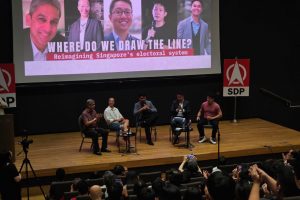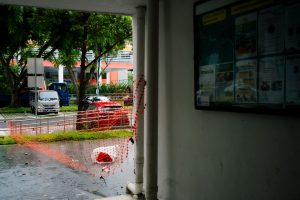Top image: Screenshots from GE2020 televised political broadcasts
Views and opinions in this piece do not reflect RICE’s position
In his first debut as Finance Minister, Lawrence Wong delivered the Budget statement last Friday (Feb 18). He outlined his government’s plan for the upcoming fiscal year, including, amongst a slew of measures, raising the Goods and Services Tax in 2023 and 2024, co-funding the wage increase of local lower-wage workers, and an increase in carbon tax.
As per standard practice, the House has adjourned, and MPs are spending this week mulling over the minister’s speech. They will convene again on Feb 28, and spend the next nine days debating the statement and the allocated budget of each ministry. During the debate, MPs will also question Mr Wong on the various policies proposed and provide suggestions for fine-tuning.
Unsurprisingly, People’s Action Party MPs are expected to vociferously support the budgetary plans. In contrast, Opposition MPs from the Workers’ Party and Progress Singapore Party might use the GST hike announcement as fodder to put pressure on the government.
The upcoming Budget proceedings had me wondering about the unelected politicians who contested in the 2020 general election. In an alternate universe, if they had won a seat in this highest forum of discussion, those politicians would have to do their part and question the Finance Minister of his Budget statement.
Some of them might have expressed their views on social media, but we don’t usually hear from them for much of it because the press seldom features them outside of an election season. This is understandable since, with limited bandwidth and column inches, the press has a greater obligation as a democratic institution to represent the views of democratically-elected representatives.
Still, this is a timely opportunity to hear what questions they have for the minister about the Budget. Readers can also assess these politicians and determine if they were wise or unwise not to have voted them into office in July 2020.
We sent a request to all political parties, and six politicians shared their questions for the minister with us.
Unelected PAP candidates were also approached via email for their questions, but they have either not responded or declined to do so as of press time.
The questions are compiled from a more extended interview and condensed, with edits for length and clarity.
Dr Chee Soon Juan
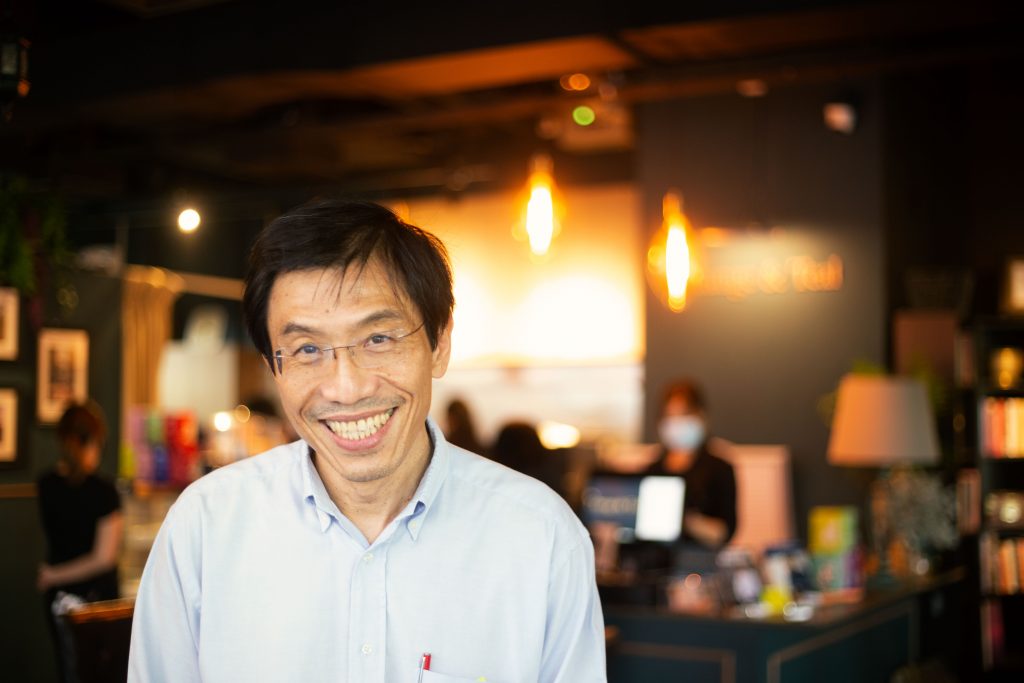
Dr Chee Soon Juan, 59, helms the Singapore Democratic Party and contested in Bukit Batok SMC. Besides his involvement in the party as secretary-general, he also operates a cafe called Orange And Teal.
The government’s budgets have never identified the root cause of what ails society and what threatens our future. Budget 2022 is no exception. The matter has to do with the PAP’s continued insistence on using land as a means to extract wealth from the people. The massive reserves accumulated by the government have come primarily from selling land at expensive rates to Singaporeans, both in the private and public sectors.
This has caused property prices to remain high, which leads to higher prices. Such an approach has mainly benefited big corporations—many, if not most, are foreign made. This leaves locals—consumers and entrepreneurs—at a disadvantage while the government rakes in the bucks.
As such, Singaporeans are left in a vulnerable position moving forward. We are constantly dependent on foreigners—from investors to professionals to workers—to prop up and even drive our economy.
This has social implications: many Singaporeans, struggling to make a life for themselves, emigrate to search for opportunities elsewhere (many are talented and skilled). This hollowing-out leads authorities to justify bringing in more foreign talent, adding grease to the downward spiral.
If I have one question, it would be: When is the PAP going to realise its rapacious approach to our political economy and come to see the light that it needs to start thinking of working for Singaporeans again?
Ms Wendy Low
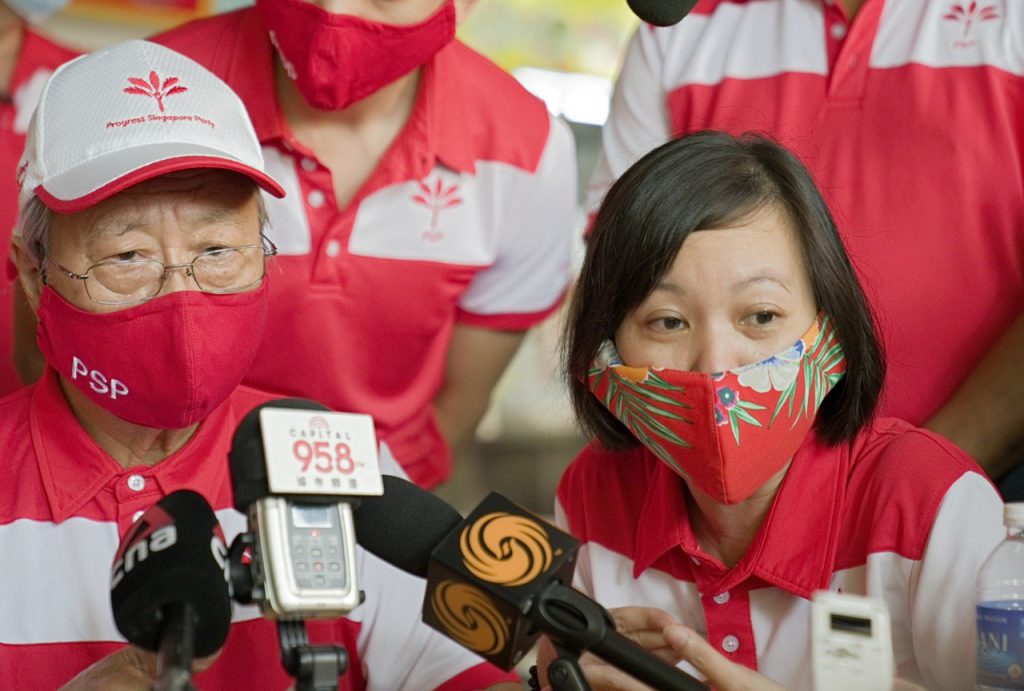
Ms Wendy Low, 45, contested in Tanjong Pagar GRC with the Progress Singapore Party during the last election. She helms the party’s Women’s Wing and is also an intellectual property partner at Eldan Law LLP.
Firstly, are there long term plans for developing our smaller small and medium-sized enterprises, especially as competition becomes increasingly borderless?
The two new initiatives appear to be assisting more of the larger local enterprises with investment overseas (under the Singapore Global Enterprises initiative) and talent mentorship (under the Singapore Global Executive Programme).
Next, can we consider increasing tax on higher-income earners over time instead of depending on GST hikes, which disproportionately impact the lower-income households? Avenues to be considered could include reinstating our estate duty tax or imposing a tax on shareholders’ dividends—like what other developed countries, such as Australia and United States, have done.
Finally, while we welcome extending the Workforce Income Supplement to workers aged 30 to 34, the new criteria of earning a minimum of S$500 per month can be daunting to those with disabilities or singles who have forfeited regular employment to provide long term care for their elderly parents.
Can we consider dispensing away this monthly income criterion for these two groups to provide more sustained support?
Dr Michael Fang
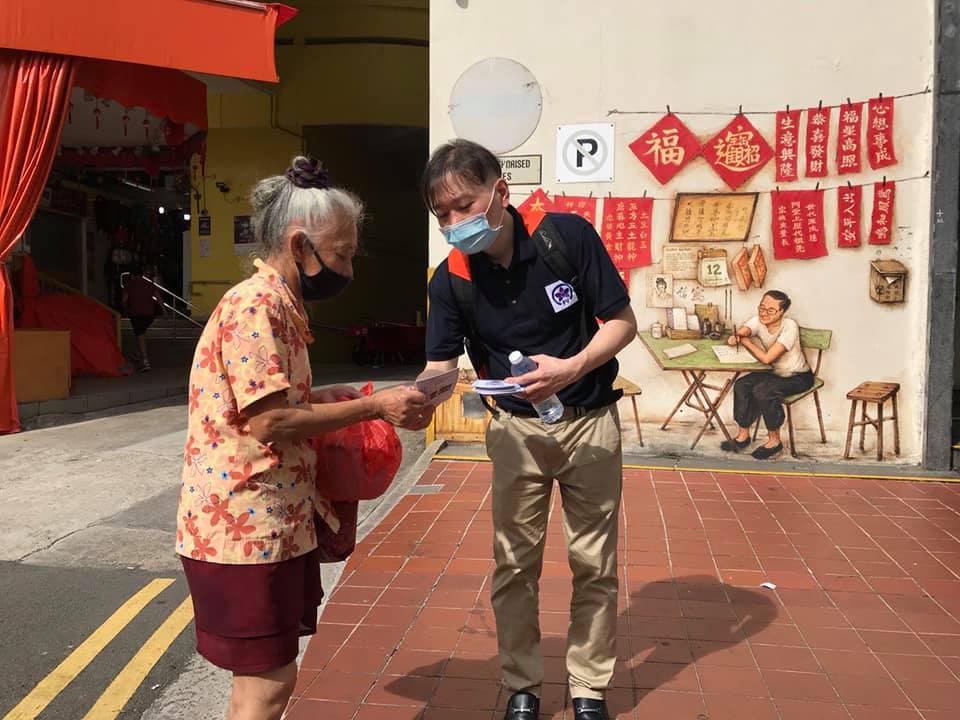
Dr Michael Fang, 44, contested in Jalan Besar GRC with Peoples Voice Party during the 2020 general election. He is a businessman and medical administrator.
Firstly, why are GST and taxes increased when, apart from Covid-19-related expenditure, the government’s nett revenue already exceeds annual spending on the whole? Shouldn’t the Net Investment Returns Contribution be used in times of hardship for the people—such as during a Covid-19 pandemic—and taxes raised only on a need-to basis? Also, should further taxes be raised in times of hardship for the people?
Next, why are so many taxes implemented, and what are the needs for so many taxes? Why is taxation increased on the necessary tools needed to drive the economy—such as fuel taxes during this dire time of need and “front-end loading” via GST on essentials such as food, milk powder, and rice—rather than a direct heavier load “backend” via income tax and nett income derivation from companies?
Savings from necessities will benefit all groups, not just the poor or the rich. Companies would also benefit by making it easier to achieve a nett positive cash flow position when front end costs like fuel are reduced during these challenging times.
Lastly, from a nett cash flow perspective, the government typically gets more than it receives if it considers current and not future spending. Shouldn’t the government consider spending more on healthcare, housing, and retirement funding?
Mr Goh Meng Seng
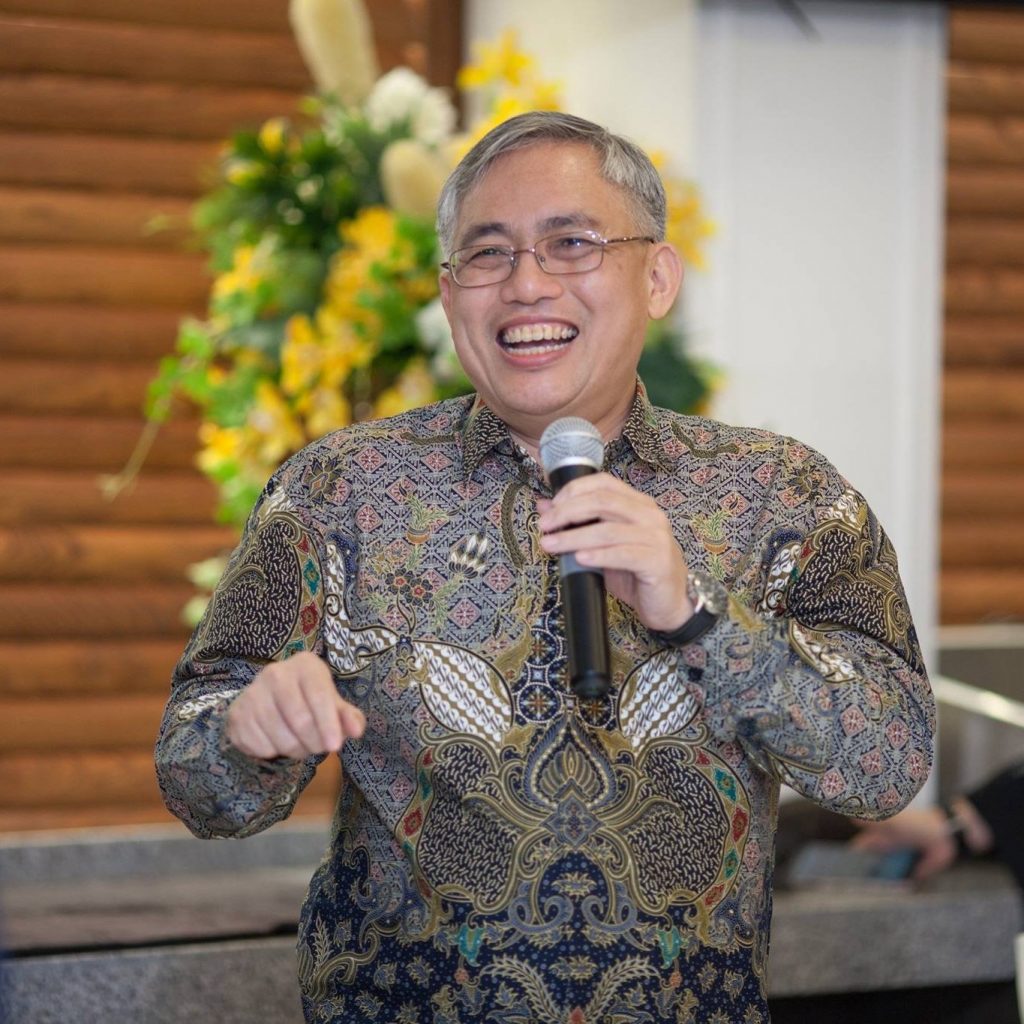
Mr Goh Meng Seng, 52, is a businessman who contested in MacPherson during the last general election. He is the secretary-general of People’s Power Party.
First, it seems that the impending increase in GST is mainly due to the anticipated decrease in tax revenue from multinational companies due to BEPS 2.0*, as there is no mention of how much additional investment in healthcare is slated for the future.
Furthermore, there is no mention of increasing our healthcare budget allocation as a percentage of the total budget. So the fundamental question is, has PAP’s core economic strategy of over-reliance on MNCs (that is, foreign investments) caused a fundamental impact on the balance of our national budget?
Secondly, imposing a minimum wage for lower-wage Singaporean workers—the government refuses to acknowledge that it’s called a minimum wage—without a similar wage control on foreign workers will only create a larger wage disparity between foreign workers and local lower-wage workers. This will disadvantage our local low wage workforce. Will it further create structural unemployment for our local lower-wage workers?
Lastly, increasing GST by a yearly step up from eight per cent in 2023 to nine per cent in 2024 may sound good, but will it add on administrative costs in changing the accounting system for the two years, such that it will be disruptive and costly to businesses?
* BEPS 2.0, or the Base Erosion and Profit Shifting initiative, is a reform of international tax rules and backs a global minimum corporate tax of 15 per cent from 2023. The tax deal aims to discourage multinational companies from shifting profits—and tax revenues—to low-tax countries regardless of where their sales are made. Singapore was among 130 jurisdictions to join this agreement in October 2021.
Mr Harminder Pal Singh
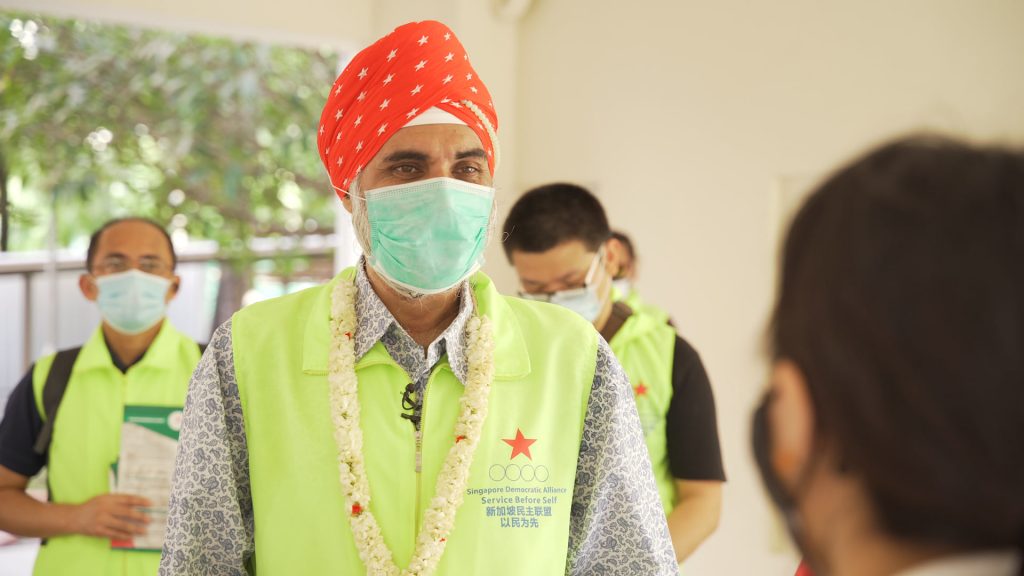
Mr Harminder Pal Singh, 50, contested in Pasir Ris-Punggol GRC under the Singapore Democratic Alliance banner in the 2020 general election. He is the founder and chief executive of three companies, including consultancy company Helping People Succeed.
Firstly, while we thank the minister for realising that this is a bad time for a GST hike and thus, delaying it to next year and also introducing the Assurance Package, we are still concerned about the increasing cost of living while wages stagnate, especially for the working and middle class.
Instead of thinking of ways to permanently ease the burden of Singaporeans, the government is introducing new taxes and increasing existing taxes in this Budget. This isn’t right. In the long run, how will the government address the high cost of living, especially in the post-Covid-19 era, when these increases further devastate lower to middle-income Singaporeans who are already grappling with the economic impact of the pandemic?
Secondly, the minister mentioned that for Central Provident Fund members turning 55 between 2023 to 2027, they are not required to top up their funds if they cannot set aside their basic retirement sum. He also announced that those turning 55 in 2027 will receive payouts close to S$1,000 per month when they are 65, which will continue for the rest of their lives.
But the budget needed for basic needs for a single elderly household is already S$1,379 per month, going up to S$2,351 for elderly couple households. So how will this monthly S$1,000 payout help the elderly meet their basic needs 15 years later, after factoring in inflation and higher cost of living?
Lastly, I noted the minister’s announcement that for non-owner-occupied properties, tax rates will rise from 10 to 20 per cent now to 11 to 27 per cent in 2023 and 12 to 36 per cent in 2024. My party member raised a good point about the cost of resale flats: the government either controls the prices from hiking up drastically or grants more support and higher housing loan eligibility for resale flat applicants, especially for those who are in priority for a shelter.
The more significant issue here is the widening gap between the haves and have-nots. Is this increase in property taxes an acknowledgement that property prices have spiralled out of control and out of reach for younger Singaporeans and thus a thinly-veiled “cooling measure” and more importantly, what are the long-term plans to ease this burden on our citizens?
Ms Liyana Dhamirah
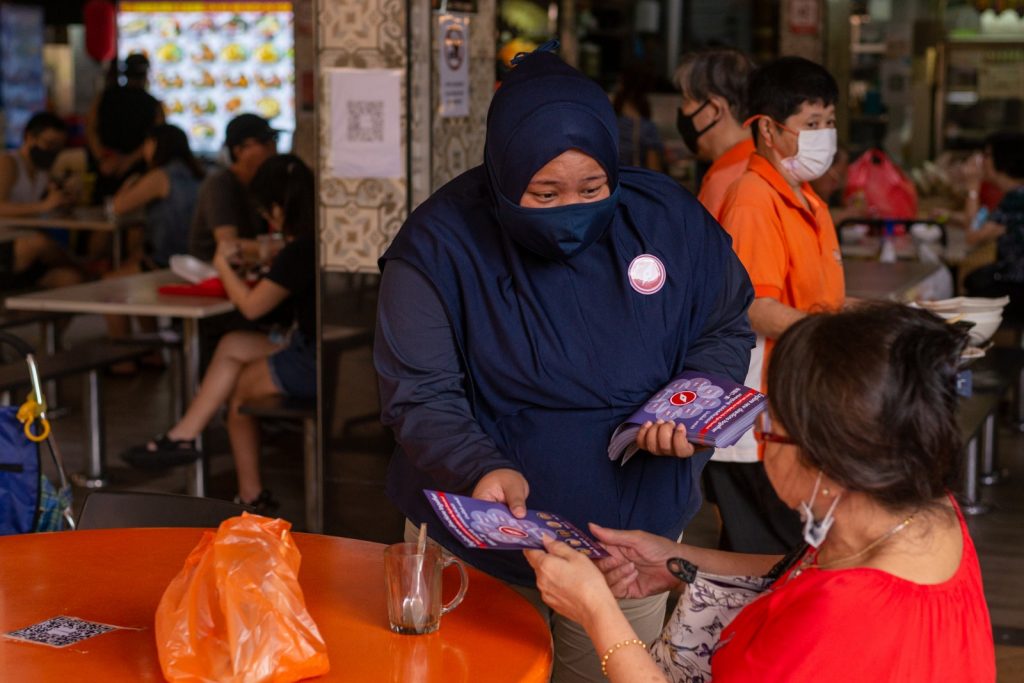
Ms Liyana Dhamirah, 35, contested in Jurong GRC with Red Dot United Party in the 2020 general election. She is a senior programme executive at AWARE and founder of Virtual Assistants Singapore.
Firstly, the government currently spends half of the returns on Singapore’s invested reserves on the current generation’s needs and sets aside the rest for the next. This came in at S$21.5 billion from last year. In 2018, this was S$16 billion. Since this is just 50 per cent of the inflation-adjusted investment earnings, even if it includes the reported S$6 billion draw on past reserves, you can see how much is left untouched and would yield many times more revenue than the two per cent GST hike.
Our party proposes to increase the NIRC spending cap to 60 per cent for most financial years and have a variable scale of increase from 100 per cent to 60 per cent for difficult years. The scale can be triggered by measurable factors, such as two consecutive quarters of economic decline and its severity.
We need to set aside for rainy days and future generations without overburdening the current one. The GST is a regressive tax that burdens everyone. Could we have avoided raising it if we tweaked the NIRC?
Secondly, the Finance Minister projected a budget deficit of S$3.04 billion this year. The deficit is incurred after transferring S$4.05 billion to Endowment and Trust Funds. Since the Endowment and Trust Funds are for funding the future, why are they charged-off as a single-time expenditure in a year? Will the projected Budget deficit of S$3.04 billion become a surplus of $1.01 billion if not for such top-ups?
Lastly, a White House study shows that the 400 wealthiest Americans paid an average income tax of just 8.2 per cent from 2010 to 2018. The study illustrates how wages are taxed at higher rates than income derived from wealth and demonstrates how a tiered income tax system benefits the wealthiest Americans more.
A BBC article reported that super-rich Americans “pay almost no income tax”. They have avoided taxation by paying themselves meagre salaries while amassing fortunes in stocks and other assets. For example, a statement issued by Tesla said that its CEO Elon Musk’s salary in 2019 was S$23,760, but it was nil in 2020. In this regard, what is the average income tax paid by the top one per cent of wealthy persons in Singapore?



